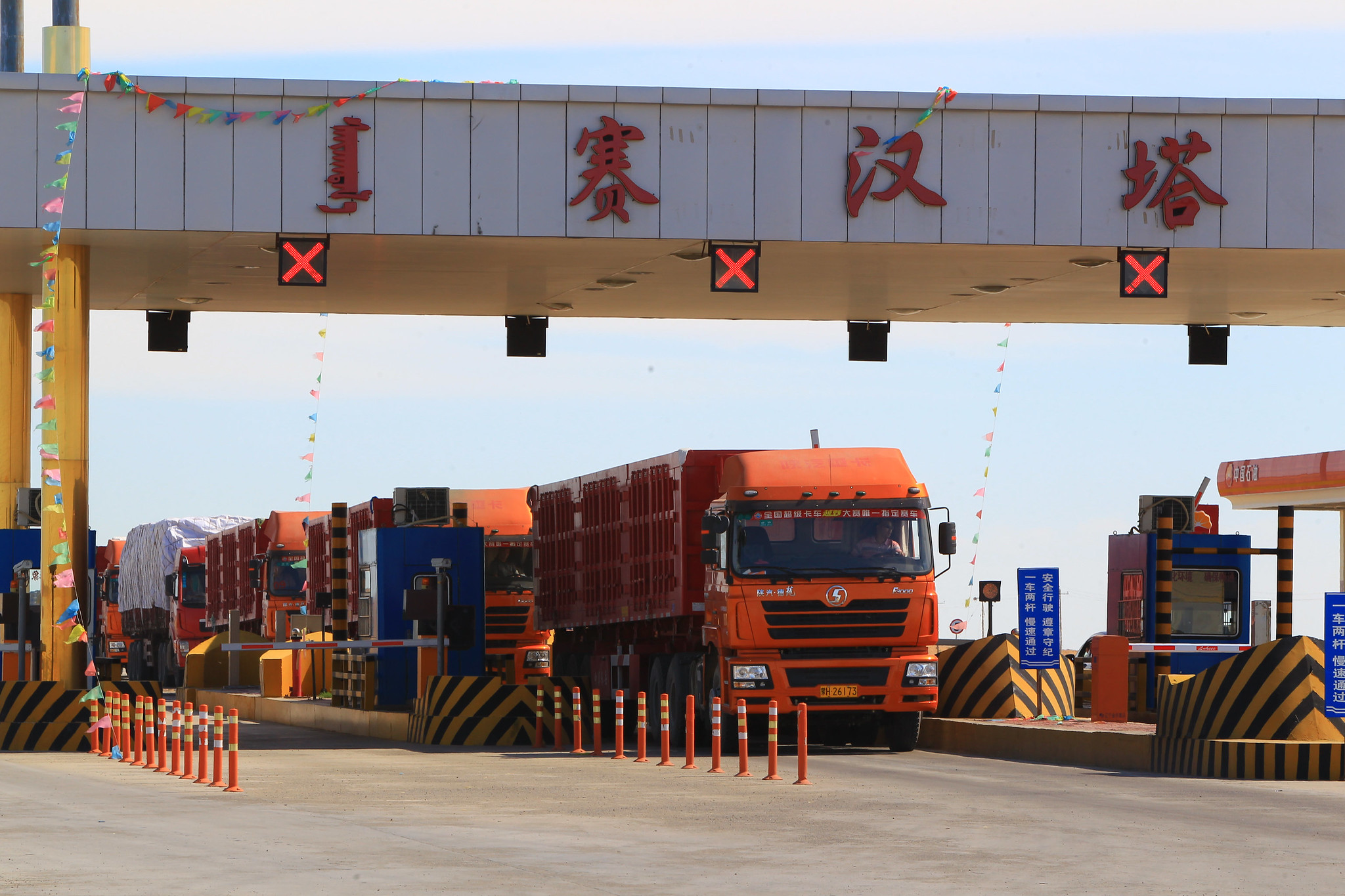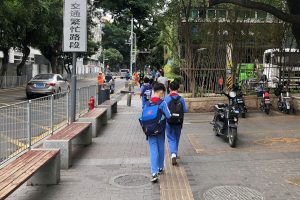The industrial park projects among nine real estate investment trusts found favour with investors while highways packages got a lukewarm reception
China’s first batch of REITs made their stock market debut on Monday with solid initial gains, as the nine real estate investment trusts drew interest from Chinese retail investors.
All the newly-listed REITs – five in Shanghai and four in Shenzhen – opened higher on Monday, but their performance varied hugely, as investors bet on potential land price gains in industrial park projects, but showed tepid interest in highway assets.
The biggest REIT gainers were the Bosera CMSK Industrial Park fund and the AVIC Shougang Biomass fund, which both jumped as much as 20%. By contrast, the PingAn Guangzhou-Heyuan Expressway Fund only rose 1% in morning trade.
Also on AF: Bitcoin prices cave as China’s mining crackdown continues
“New types of investment products often attract eyeballs and become the target of stir-frying [speculation] in China,” said Cai Hongfei, an analyst at Hong Kong-based brokerage Central Wealth.
China is launching a public REITs market to channel private money into infrastructure projects, ranging from toll ways to sewage plants, to ease debt burdens on local governments. REITs trade like stocks but offer stable cash dividends like bonds.
But limited supply of the instruments initially and a sense of novelty are attracting retail interest in REITs, typically favoured by long-term, institutional investors.
Analysts predict a potential market of 3 trillion yuan emerging as the funding model becomes established.
HIGH VOLATILITY
China’s REITs market will likely witness high volatility over the next few months before sentiment calms down, added Cai.
The Bosera CMSK Industrial Park fund rose to 2.67 yuan ($0.4127) by midday, 16% higher than its offer price of 2.31 yuan, giving the REITs a 15% premium over the value of its underlying assets.
Central Wealth’s Cai said the jump in the fund partly reflected investor bets that land prices in the Shenzhen industrial park will rise, generating capital gains in addition to stable rental incomes.
The People’s Bank of China is looking to claw back the 1.15 trillion yuan it issued in special bonds last year in an effort to balance credit risks in the domestic market.
INFLATIONARY CYCLE
With the economy growing from the damage of the pandemic downturn this time last year, financial planners are worried that the recovery will overheat and create an inflationary cycle that could see an increase in interest rates.
“Overall, the risks of investing in public REITs are relatively low, which make them ideal for investors that have a lower risk appetite,” says Chen Mengjie, an analyst from Yuekai Securities. “We expect that REITs will become a mainstream financial product in China’s capital market.”
China is only allowing REITs to invest in infrastructure projects, in contrast to markets in Hong Kong, Singapore, and United States, where they can also invest in shopping malls and office buildings.
- With reporting by Iris Hong
Read more:
China’s new ETFs tap the best of two Nasdaq-style boards
Didi pressing on with mega-IPO despite antitrust violations probe





















